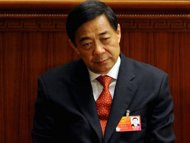
Bo Xilai’s ouster is about Chinese party politics – and fears over his popularity
As the most high profile ouster in the Chinese Communist Party (CCP) since 1989, the departure of Bo Xilai, a high-level Party official, illustrates two matters. First, it demonstrates that the consensus of collective leadership and demand for Party unity remains very strong. But second, it reflects the increasing strain on the Chinese political system and casts doubt on its capacity for change. A bit of background. After 1978, the CCP embarked on a political strategy to consolidate its hold on power that was based on collective leadership. This choice was informed foremost by the necessity to prevent the rise of another Mao-like autocrat; but a second key principle insisted on keeping leadership divisions out of public view. This policy …
Solve Syria, Don’t Provoke Iran
From Project Syndicate in Collaboration with Martin Van Creveld: Israel is daily ratcheting up its threats to attack Iran over its nuclear program. Unfortunately, these threats have come to overshadow more pressing events in Syria, which is the epicenter of a regional crisis that will determine the future of the Arab Spring, as well as Iran’s role in the Middle East. Throughout 2011, the Arab uprisings were driven by each country’s internal dynamics. Yet the disparate movements were united by the pursuit of freedom, dignity, and economic opportunity. Now this liberal narrative is breaking down. Chaos reigns in Egypt and Libya, where post-revolution authorities are proving too brittle either to consolidate their authority, or to incorporate more popular forces. In …
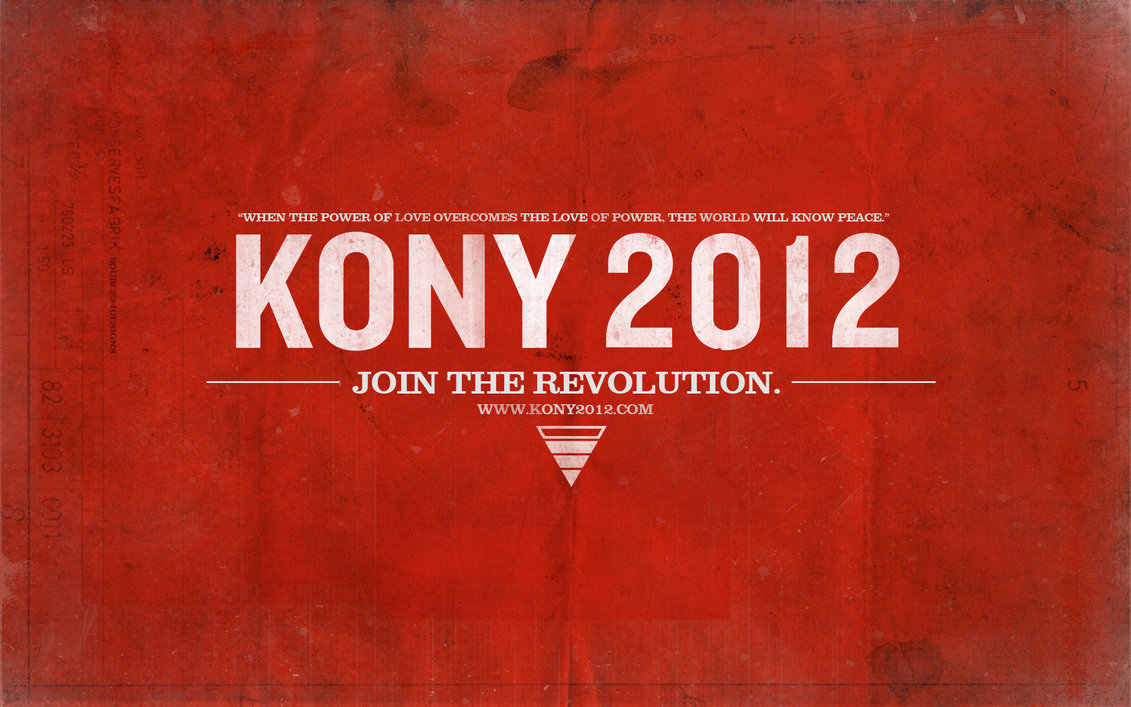
Slackers and Saviours, Kony 2012
Much has been said of the viral Kony 2012 campaign, ‘a film and campaign by Invisible Children that aims to make Joseph Kony famous… to raise support for his arrest and set a precedent for international justice’. The last page of the Invisible Children Kony 2012 action booklet reads, ‘Joseph Kony is the worst living criminal…He remains at large because he is invisible to the world. Few know his name, even fewer know his crimes. This year we are making Joseph Kony famous, because when he is, the world will unite for justice and demand his arrest’. The Campaign The campaign kicked off with the release of a (painfully narcissistic) 30-minute film that grossly oversimplifies the conflict and the actors. …
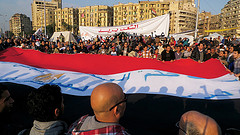
An absent-minded Islamic Revolution? The rise of the Islamists after the Arab Spring
The Arab world shocked us twice in recent months, once with the eruption of the revolutionary spring, and again with the sweeping to power of Islamist parties. The revolutions have radically shifted the political map of the region and transformed the world’s perception of its politics, and even transformed the world. But the equally unanticipated, and very decisive, ascendancy of the Islamists, from Morocco to Kuwait, has confused many observers. Already some are repeating the old adage, voiced most provocatively by Elie Kedourie in 1992, that the Arabs do not comprehend, let alone desire or deserve democracy. It is interesting that Kedourie was responding to the results of an opinion poll which showed that the majority of Egyptians supported democracy, …

KONY 2012: the latest source of armageddon fatigue
Social media has contributed to some of the largest political events of the last couple of years. It aided the Arab Spring, has been a constant thorn in the side of the Chinese authorities, has given Vladimir Putin and Mahmoud Ahmadinejad slight cause for concern, and it helped to organise the less-constructive London riots. The latest social media innovation is KONY 2012 by the advocacy group “Invisible Children.” The campaign, which went viral this week, is aimed at stopping Joseph Kony, the Ugandan-born leader of the Lord’s Resistance Army. The immediate relevance of this campaign has nothing to do with the issue itself, but with the response that it has received. My own knee-jerk reaction when I noticed that a …
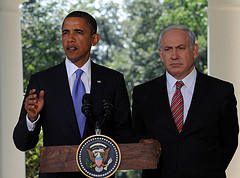
Obama must stand up to Netanyahu
Reposted here is my op-ed in today’s Independent on Obama’s meeting with Netanyahu. It is clear what kind of Israeli prime minister President Obama will be receiving at the White House today. Benjamin Netanyahu is a bellicose, right-wing Israeli nationalist, a rejectionist on the subject of Palestinian national rights, and a reactionary who is deeply wedded to the status quo. Nationalism has an in-built tendency to go to extremes and Netanyahu’s brand is no exception. A nation has been defined as ‘a group of people united by a mistaken view about the past and a hatred of their neighbours’. This definition fits the Likud leader on both counts: he has a selective and self-righteous view of his own country’s history and …
Prospects for Chinese Economic Reform: It’s all down to politics
Last week the World Bank released a massive 400-page report, China 2030, outlining a vision for reforming the country’s economy over the next two decades to ensure continued success. As is typical in these kinds of reports, the main findings are completely reasonable if not exactly ground-breaking: China needs to increase the share of consumption in its economy, lessen the grip of state-owned enterprises, move toward letting the market more accurately price energy and capital, deal more seriously with environmental degradation, and just generally become a more market-oriented economy. All of which makes perfect sense, and indeed very sensible people have been suggesting more or less this same package of reforms for several years now. But this is all easier …
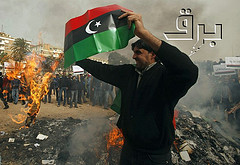
Making Progress in Libya: NTC must exercise authority and tackle militias
The current situation in Libya can be best characterized as a struggle pitting the ‘centre’ that controls national institutions, the flow of oil, and billions in unfrozen assets against a marginalized ‘periphery’ that can challenge the centre’s legitimacy via its use of force and appeal to local loyalties. On February 17th, Libyans commemorated the one-year anniversary of their revolution against Muammar Qadhafi. Simultaneously, Amnesty International released a report accusing the victorious anti-Qadhafi militias of war crimes, widespread use of torture, and hindering the rebuilding of state institutions. The carnival-like atmosphere during the anniversary celebrations was marred by the palpable fear that the Libyan interim government — the National Transitional Council (NTC) — is failing to cement its authority. In the …









